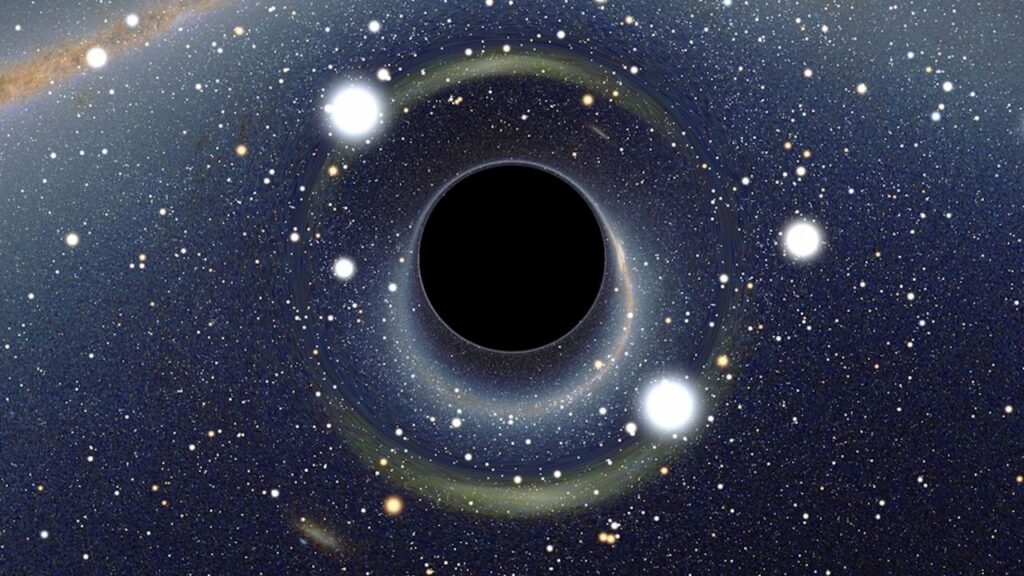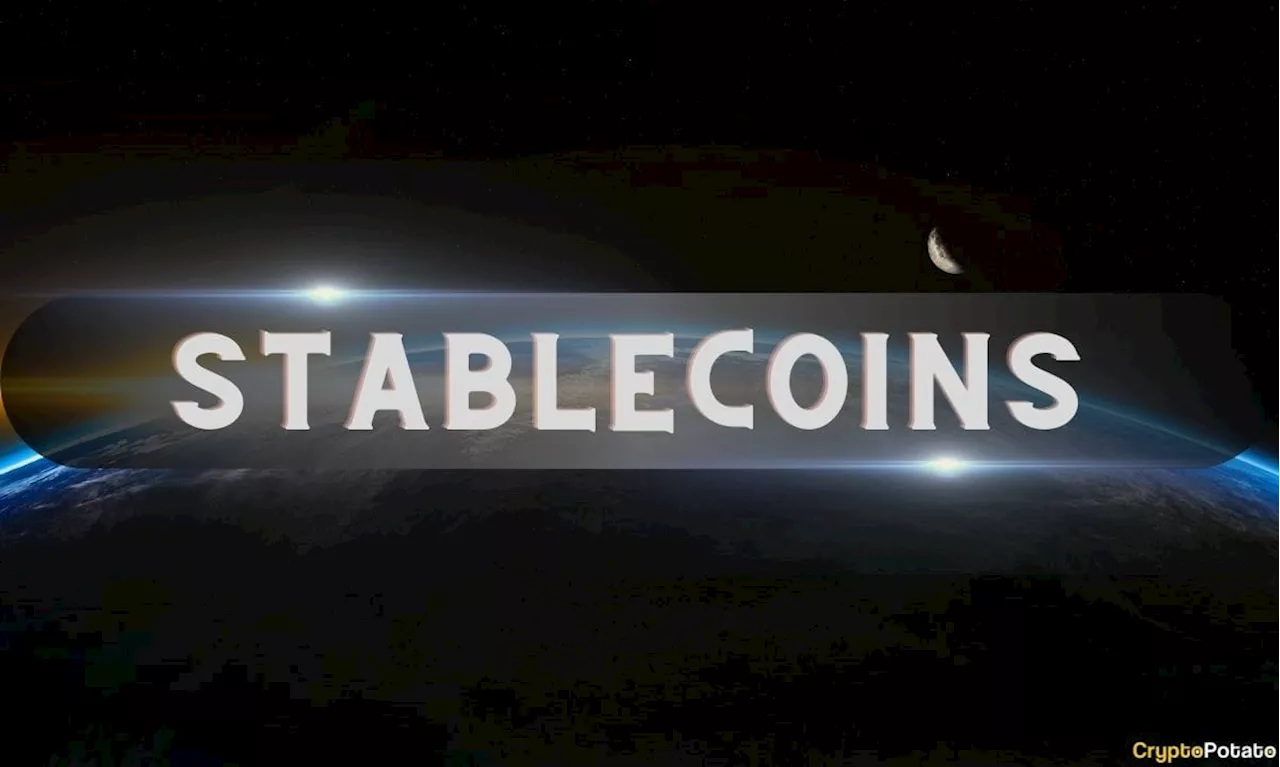
Recent research indicates a significant shift in our understanding of black holes, with physicists estimating a 90% chance of witnessing an exploding black hole within the next decade. This prediction challenges longstanding beliefs about the frequency of such events, which were previously thought to occur only once every 100,000 years.
The study, published in the journal Physical Review Letters, focuses on two types of black holes: stellar black holes and primordial black holes. Stellar black holes form from the collapse of massive stars, typically weighing between 3 to 50 times the mass of the sun. When these stars exhaust their fuel, they explode in a supernova, leaving behind a singularity from which nothing, not even light, can escape.
In contrast, primordial black holes (PBHs) are theoretical entities that may have formed shortly after the Big Bang. These ancient remnants could be significantly lighter than stellar black holes and offer a unique perspective on the conditions of the early universe, which was predominantly composed of hydrogen and helium.
The breakthrough in this research stems from a reevaluation of the electrical properties of black holes. While conventional black holes are understood to have no electric charge, the research team, led by Aidan Symons, a graduate student from the University of Massachusetts, explored the implications of primordial black holes possessing a small electric charge associated with hypothetical heavy particles, dubbed “dark electrons.” These dark electrons would interact through what is known as dark electromagnetic forces.
Symons elaborated, “We believe that there is up to a 90% chance of witnessing an exploding black hole in the next 10 years. The key is that our current fleet of space and ground-based telescopes are already capable of detecting such an explosion.”
As primordial black holes emit Hawking radiation, a phenomenon predicted by the late physicist Stephen Hawking, their lighter mass results in higher temperatures and increased particle emission. The research indicates that as these black holes evaporate, they could enter a runaway process, leading to a dramatic explosion.
The research team’s novel approach suggests that if a primordial black hole forms with a small dark electric charge, it could stabilize temporarily before ultimately exploding. This stabilization mechanism increases the likelihood of observable explosions dramatically, potentially from once every 100,000 years to once every decade.
The implications of such an explosion extend beyond mere spectacle. An exploding black hole would provide an unprecedented opportunity to catalog every known subatomic particle, including those yet to be discovered. This could encompass particles such as electrons, quarks, Higgs bosons, and possibly even dark matter, thereby enhancing our understanding of the universe’s fundamental building blocks.
While the researchers emphasize that they cannot guarantee an explosion will occur within this decade, the high probability warrants preparedness. Thankfully, current telescope technology is already equipped to detect the signs of Hawking radiation from an exploding primordial black hole.
If these predictions hold true, the scientific community may soon have the chance to address one of humanity’s oldest questions: the origins of the universe and the fundamental nature of reality itself. As we advance our observational capabilities, the next few years may reveal astonishing insights into the cosmos.







